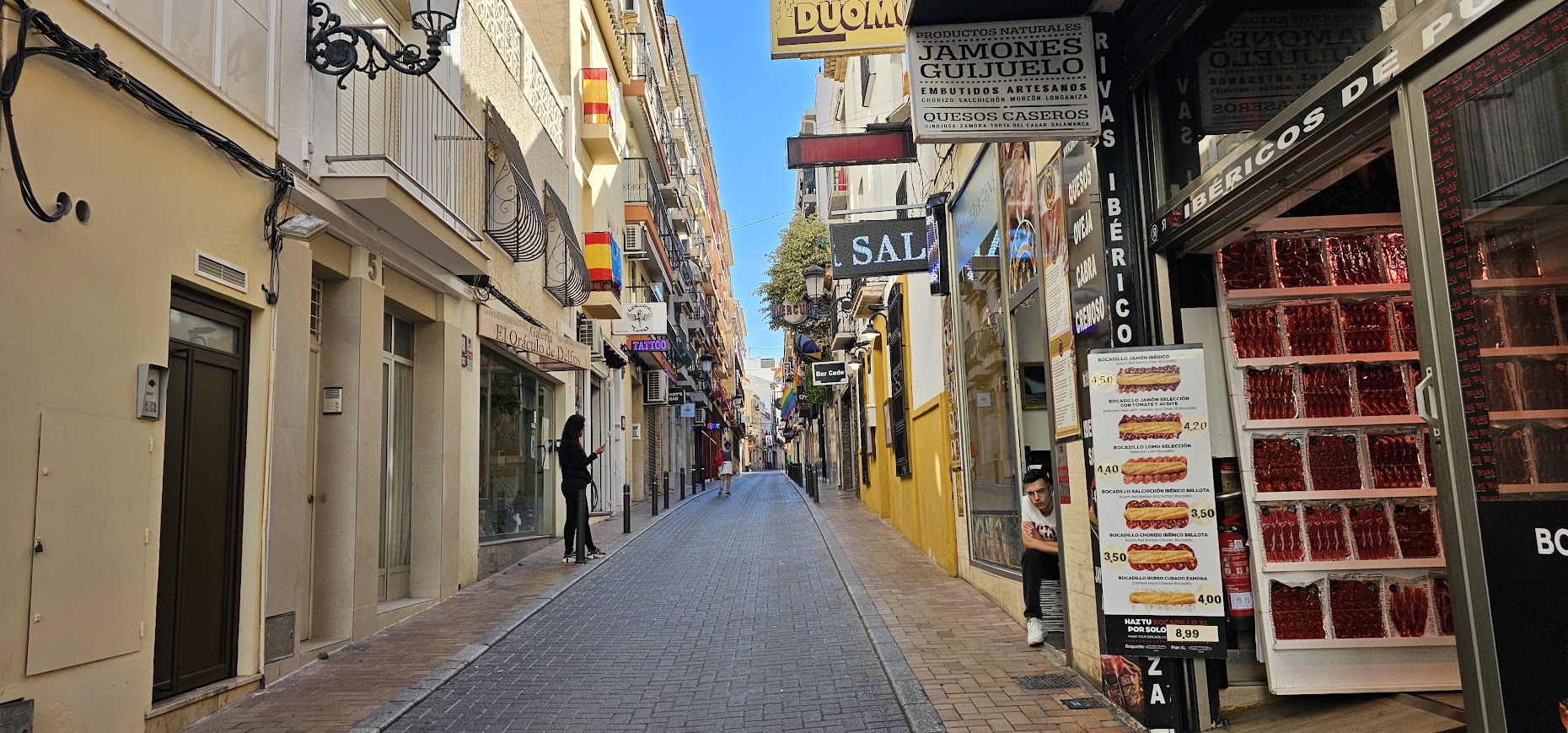The time change will occur this weekend, which is the final weekend of March. In particular, we will need to advance our clocks by one hour in the early hours of Saturday and Sunday, so that at two in the morning, it will be become three.
Data from the Institute for Energy Diversification and Savings shows that electricity consumption only decreases by 5% during daylight saving time, despite the fact that the measure was designed to save energy and electricity by maximising daylight hours.
In any event, this is a modification that occasionally causes confusion even though it is generally accepted by the public. Without a doubt, in this instance, the clocks need to be advanced by one hour, making 2:00 a.m. become 3:00 a.m.
It’s true that the time change has been losing popularity in recent years, regardless of personal preferences. There is growing support from corporations, public agencies, and residents to eliminate the adjustment and establish a clear date. Even the European Union is now involved in this discussion. In 2019, the community body proposed to do away with the time change in a directive. However, the final decision has been forced to be put off indefinitely due to the 27 member states’ lack of unanimity and the unstable international environment.
Spain will keep the time adjustments in place for at least the upcoming year; the dates for the modifications until 2026 were published in the Official State Gazette in 2022. We won’t know until then if our nation will stick to the alternating time or, conversely, establish a firm schedule.








No Comment! Be the first one.